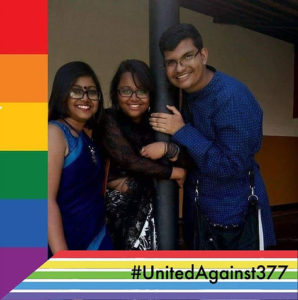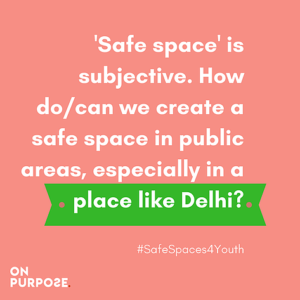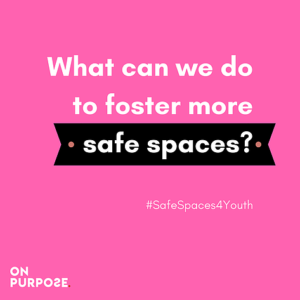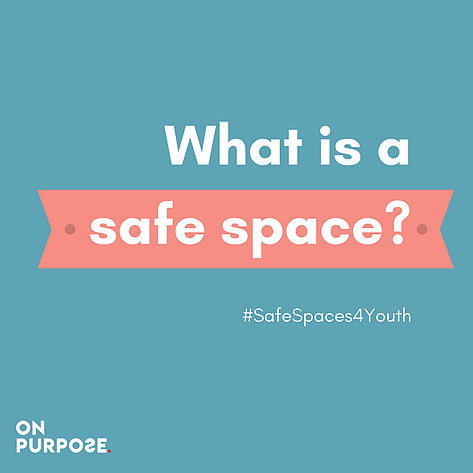12th August has been christened ‘International Youth Day’ by the United Nations, and this year’s conversation was around ‘Safe Spaces for Youth’. The UN especially recognises the importance of such spaces as part of the ‘2030 Agenda’ for Sustainable Development.
On Purpose took this opportunity to raise some questions on what safe spaces are and how they can be made to fulfill the intentions with which they are created. The answering voice was that of human rights activist, Special Correspondent Officer in the Department of Women and Children, UN, and manager of two safe spaces in Lebanon and Turkey for LGBTQ refugees, Mohammed Ali, on an open call to questions on a Facebook thread which used the hashtag – #SafeSpaces4Youth.

Let’s catch up on some things that stood out from the discussion:
What Safe Spaces are:
A safe space is a space which caters to specific needs of a certain group of people who are marginalised in mainstream communities. They are free from “racism, bias, conflict, or threat from external forces.” They usually cater to a specific cause and, therefore, a certain group attached to it.
The DAD logic:
Mohammed says that this is the recipe for a safe space that can sustain.
Determination to keep it going no matter what, Attachment with the space and its people, and Dedication to spend time and effort to run the space and seek help from people who are equally “determined and attached” to it. Ambitions and needs of the community are worked on as common goals in a safe space and the will to make a difference should light your way.
It is also crucial that a safe space be free of any personal, communal, racial or political opinions that digress from the focus of the gathering and even hurt the sentiments of some members.

An Emotional Haven:
An emotional safe space strives to work towards supporting individuals emotionally and mentally. The inevitable requirement is freedom from demeaning judgement towards the stories of fellow members and encouragement of conversation around mental health with assurance of confidentiality.
Listening Is Your Way of Meeting Halfway:
Communication is an art form and it can be instrumental in leak-proofing a strategy to make sure it aligns with the interests of the community. Ample field work and one-to-one conversations bring us closer to the simple needs of the group, and just the intent of getting to know the community and their aspirations is a good place to start the conversation.
An Oasis for The Unheard:
It isn’t impossible to imagine an effective space even in the midst of a city like Delhi. A peaceful and green public park, Mohammed mentioned, can be an ideal place to begin a meet-up if the basic elements and principles stand in place. Spaces sometimes can be anxiety-inducing and take a toll on people who are introverts. Change of place is also important, as it refreshes people and their minds. “A potluck can unite people and food brings people together.”
A lot of spaces do not advertise themselves as ‘safe spaces.’ But, many organisations work in collaboration with or run their own safe spaces that can be found online or by getting in touch with them.

Safe spaces are essential because while their existence is a measure of the gap that still persists between communities, it also signifies the extent of effort that a society puts into bridging that gap. They become centers of mental and emotional development and ready people to face life’s challenges. In Mohammed’s words, “Foster dreams and foster spaces, and you will foster great minds.”

